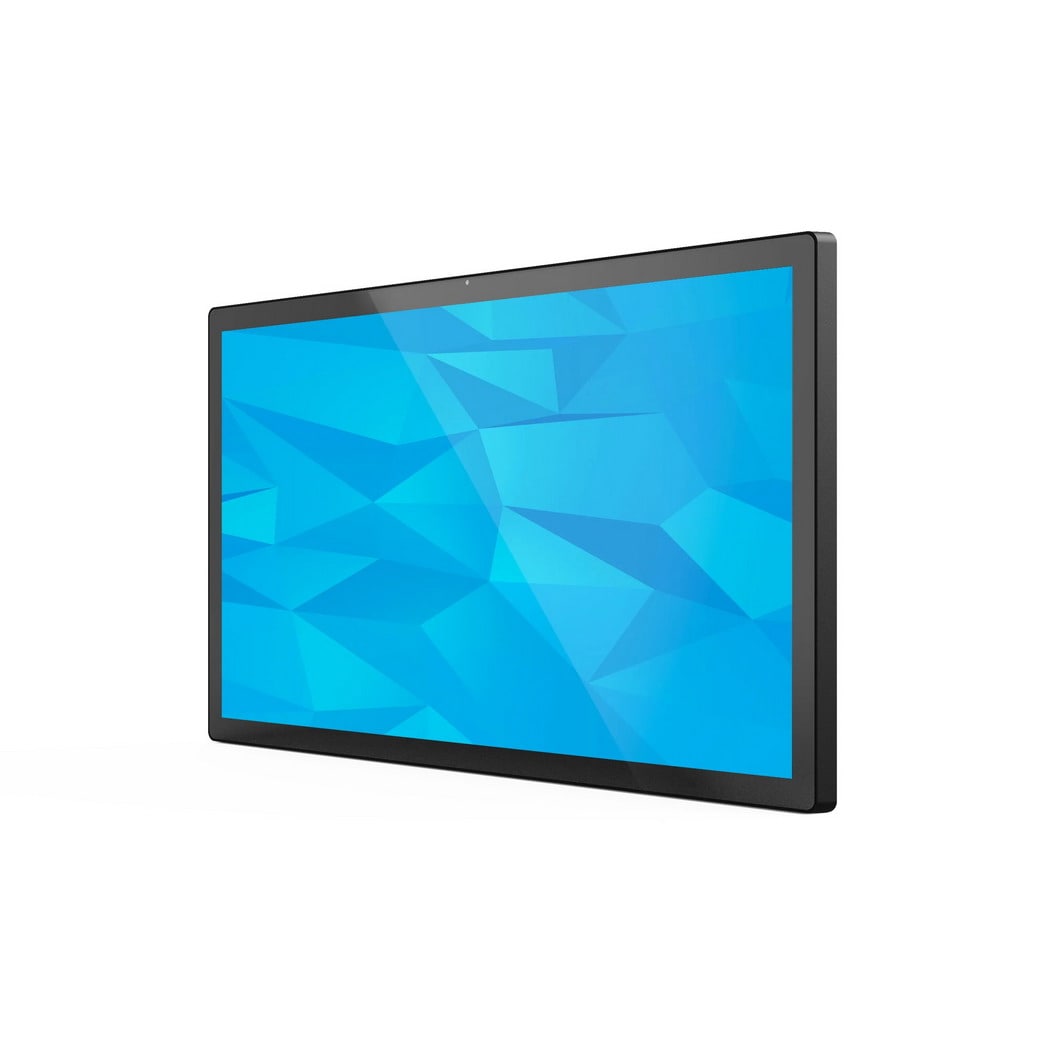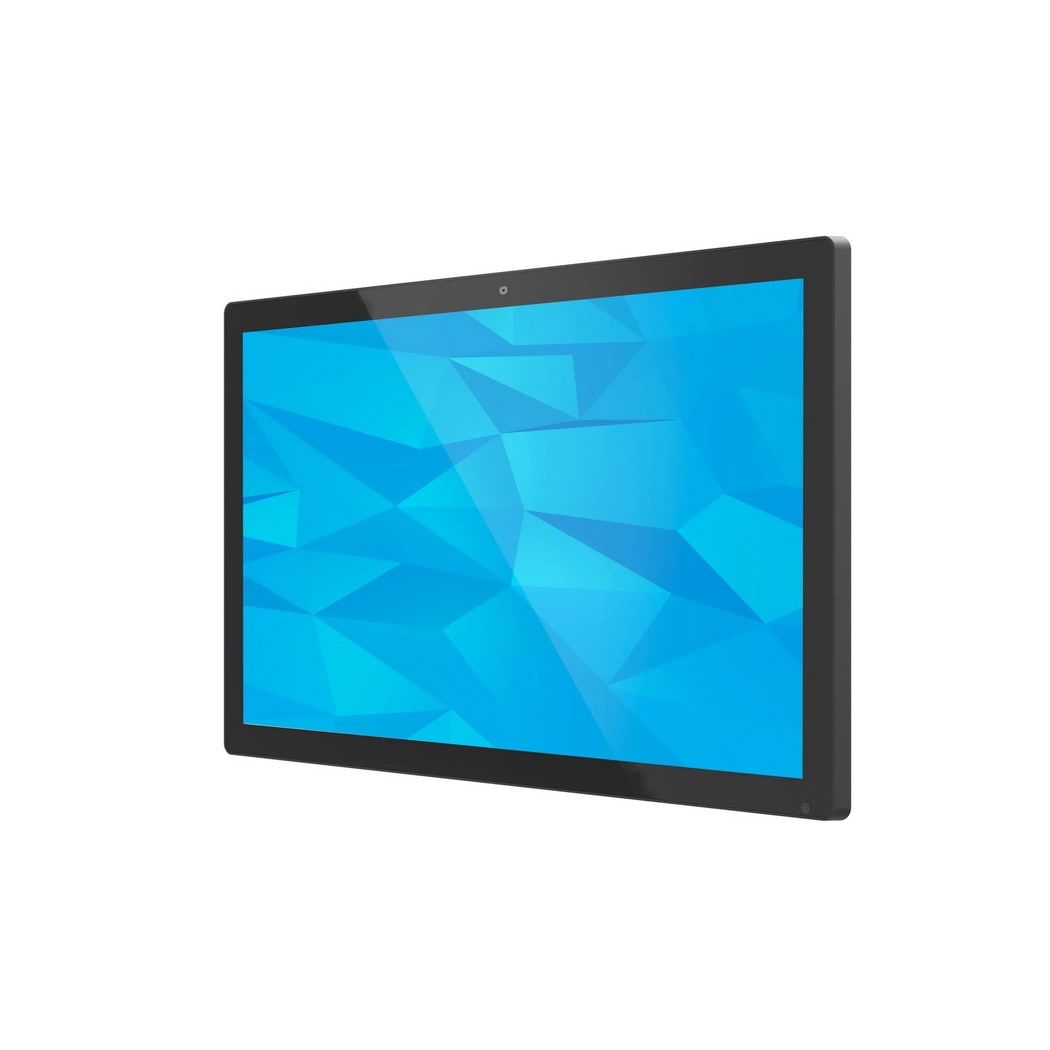
What’s the differences between 3G, 4G, 5G and LTE?
This article explores the differences between 3G, 4G, 5G, and LTE networks. Learn how each technology impacts speed, latency, and coverage, and discover which network is right for your needs.
Mobile networks have come a long way since the introduction of 3G. Today, the differences between 3G 4G 5G and LTE are more pronounced than ever, shaping how we connect and communicate. While 3G laid the foundation for mobile internet, 4G and LTE revolutionized speeds and reliability. Now, 5G is set to transform industries with its unparalleled speed, ultra-low latency, and massive connectivity capabilities. In this article, we’ll break down the key differences between 3G, 4G, 5G, and LTE, helping you understand how each technology works and which one best suits your needs.

What is 3G?
Wireless telecommunications technology has had a few big waves, and one of them was 3G (Third Generation).
What was before that?
1G allowed only analog voice transmission on the first cell phones in the 1980s. 2G came around in the 1990s, and it is the first digital voice transmission service, in other words, our mobile call service, that also allowed us to send text messages or SMS.

Than 3G, or the 3rd Generation technology era, began and introduced a faster and more effective way to transmit information that could now handle thousands and millions of devices worldwide, such as digital signage display, android display; etc… It gives us access to the internet through our mobile devices, which was revolutionary.
What is 4G?
4G, or 4th Generation technology, surpassed 3G by a very large margin. In theory, 4G is 100 times faster than 3G. It allows faster data transmission and can handle a far larger subscriber base.
What advantages did it introduce? It enabled us to watch high-definition mobile TV, faster and more effective video communications, etc. It’s the most commonly used type of communication network in the world, as most calls, texts, information transfers, and video calls are performed through the 4G service.
Soon enough, it will entirely phase out 3G, which can’t really stand the competition anymore.

What is LTE?
LTE is something that sends people into a tailspin just because consumers can rarely differentiate between 4G and LTE services. And no wonder. LTE actually stands for Long-Term Evolution, and it was sort of a marketing trick to put 4G in front of it in order to make it more recognizable for the consumer. It is a big improvement on 3G, but not quite as good as true 4G.
The pool of potential devices that need access to mobile services expands very rapidly, not to mention the expansion of the internet itself, so there’s a need for new technology to handle that amount of data successfully. That’s where 5G starts to sound very promising.

What is 5G?
There’s much speculation, and frankly, controversy lately around the 5G technology, so let’s clear the air, and hopefully answer some questions you might be having about it.
First of all, 5G is going to be way faster than any connection we’ve experienced before. And by ‘faster,’ we mean streaming 4K quality videos without buffering. If downloading files took minutes with 4G, it would take a few seconds with 5G.
So, in short, 5G is 5th Generation technology that can handle significantly more devices (around 24 billion expected in 2025), transmit much more data much faster than before, and bring us closer to the possibility of a new technological revolution.

What is the Difference Between 3G and 4G?
We have brushed over the difference already, but let’s be more specific:
* Speed:
4G is a vast improvement on 3G speed-wise. 3G can manage a transmission speed of 8Mbps, while 4G allows 50Mbps with the potential to get to 100Mbps.
* Transmission:
4G allows you to transmit vast volumes of video information, which 3G does not, and introduces the possibility of high-definition mobile TV.
What is the difference between 4g lte and 5g?
Again let’s do it point by point:
* Speed:
As the main point of differentiation of data transmission speed is crucial for our communications and economics and technology in general. 4G and LTE networks, as we mentioned, are capable of transmission at approximately 50Mbps, whereas 5G promises us 10Gbps, which is phenomenal as of today.
* Future possibilities:
Thanks to its unprecedented speed, 5G opens up exciting possibilities for future technology development and economics.
* The number of devices supported:
The estimation is that closer to 2025, the world will have 24 billion devices in need of connection, and while the 4G network is not fit to handle that number of subscribers, 5G will be up for the challenge.
Conclusion
Closely related post:
Latest updated post:
Latest products:


















